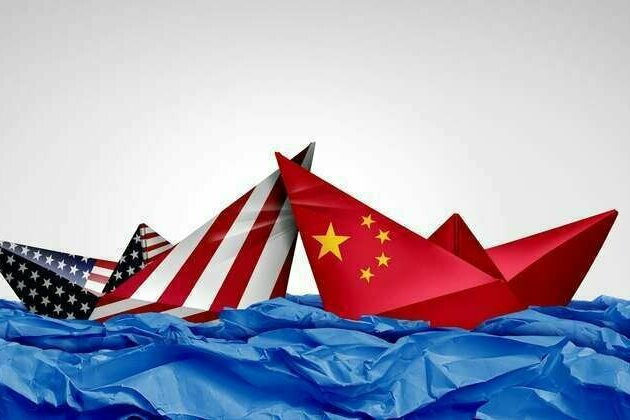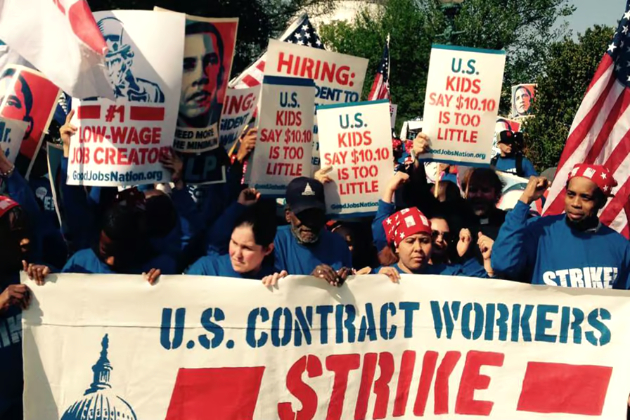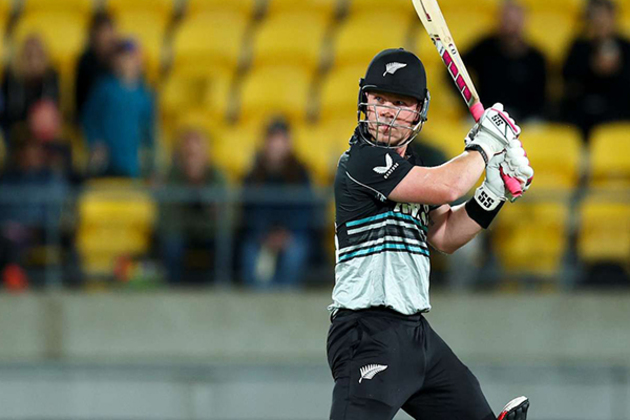How should central banks respond to US tariffs? The RBA provides some clues
The Conversation
23 May 2025, 01:27 GMT+10

With the return of Donald Trump to the White House, the United States has signalled a return to aggressive tariff policies, upending economic forecasts around the world.
This leaves central banks with a tricky dilemma: how to respond when inflation and global growth are being shaped by political decisions rather than economic fundamentals?
Tariffs lift import prices and disrupt trade, which could lead to higher inflation. But they can also dampen consumer demand and undermine business confidence, which would slow economic growth.
This leaves central banks balancing two opposing forces - do they raise interest rates to control inflation, or cut interest rates to support growth?
This week, Reserve Bank of Australia (RBA) Governor Michele Bullock addressed this challenge in a press conference after cutting interest rates for the second time this year.
She described the current period as one of "shifting and unusual uncertainty".
Central banks, she noted, have faced three major shocks in succession: the global financial crisis, the COVID pandemic, and now the fallout from Trump's trade policies.
Each, she said, is different - this latest one being political in nature and harder to categorise. Bullock stressed the difficulty of judging whether such shocks are supply-driven or demand-driven, or both, and emphasised the need to prepare for a range of outcomes.
So, the Reserve Bank took the unusual step of outlining three alternative global scenarios - trade war, trade peace, and a central baseline. Each one has distinct implications for Australian monetary policy.
It's a clear example of how central banks can remain flexible and forward-looking in a world where the next shock may look nothing like the last.
1. Trade war (escalation)
In this scenario laid out in the Reserve Bank's quarterly statement on monetary policy, the US imposes sweeping new tariffs. That prompts retaliation and a slowdown in global trade. Supply chains are hit and business confidence falls.
Australia would feel the consequences quickly: weaker export demand, rising import prices, and a difficult mix of slower growth and temporary inflation. Here, the Reserve Bank would likely look past short-term price increases and focus on deteriorating demand. A rate cut would become more likely, despite inflation being above target in the short run.
2. Trade peace (de-escalation)
If the US backs away from new tariffs and tensions ease, global confidence improves and trade stabilises. Australia benefits from stronger global demand, a rebound in commodity exports and rising investment.
In this setting, inflation rises gradually due to higher activity - not import price shocks. The Reserve Bank might hold rates steady, or even consider hiking rates if inflation pressures build. But this scenario also carries risk: if the recovery is faster than expected, interest rates may be left low for too long.
3. Baseline scenario
In the bank's central case, trade tensions persist but do not escalate. Global growth slows moderately and firms adjust to ongoing strain in supply chains.
Australia sees subdued but stable economic growth. Inflation remains within the 2-3% target band in the near term, and the Reserve Bank would stay open to either raising or lowering interest rates, depending on how risks evolve.
Australia's central bank is not alone in navigating these challenges.
At the Bank of England, the decision to cut rates in May showed a divided Monetary Policy Committee. While the majority supported a 0.25% cut, two members - including trade expert Swati Dhingra - called for a larger 0.5% move to better support growth. The split highlights the difficulty of gauging how aggressively to respond in an uncertain environment.
In the US, Federal Reserve Chairman Jerome Powell has warned of the risks posed by Trump's new tariffs. Speaking in April, Powell said the impact could be "larger than expected", threatening both growth and inflation.
With trade policy largely out of the Fed's hands, he noted, the central bank must still monitor developments on tariffs closely because of their potential to disrupt both employment and prices.
The re-emergence of US tariffs adds to the complexity facing central banks. As Bullock noted, this is not just another economic shock - it's a politically driven one, which is harder to model and forecast.
The Reserve Bank's response offers a practical framework: map out potential scenarios, weigh their implications and stand ready to move. In an uncertain world, monetary policy must be based not just on data, but on judgement, flexibility and contingency planning.
Read more: What are tariffs?
 Share
Share
 Tweet
Tweet
 Share
Share
 Flip
Flip
 Email
Email
Watch latest videos
Subscribe and Follow
Get a daily dose of Australian Herald news through our daily email, its complimentary and keeps you fully up to date with world and business news as well.
News RELEASES
Publish news of your business, community or sports group, personnel appointments, major event and more by submitting a news release to Australian Herald.
More InformationInternational
SectionEngine failure probed after Mexican Navy ship hits Brooklyn Bridge
NEW YORK CITY, New York: Officials are investigating why a Mexican Navy training ship hit the Brooklyn Bridge on May 17, breaking the...
Department of Justice seeks merger of DEA, ATF; needs Congress nod
WASHINGTON, D.C.: The U.S. Department of Justice wants to merge two of its agencies — the Drug Enforcement Administration and the Bureau...
Spain orders Airbnb to delist 65,000 rentals for illegal listings
MADRID, Spain: Spain has ordered Airbnb to remove more than 65,000 holiday rental listings from its platform, accusing the company...
Victims’ families reject tentative Boeing non-prosecution agreement
WASHINGTON, D.C.: Families of some of the 346 people who died in two deadly Boeing 737 MAX crashes plan to oppose a proposed deal between...
Southern California Edison targets grid safety in wildfire strategy
ROSEMEAD, California: Southern California Edison (SCE) has outlined a US$6.2 billion wildfire mitigation plan aimed at reducing fire...
Appeals court clears Trump’s rollback plan for worker protections
WASHINGTON, D.C.: A federal appeals court recently lifted a block that had stopped President Donald Trump's administration from removing...
Sydney
SectionRussia imprisons Australian for 13 years over fighting for Ukraine
MOSCOW, Russia: Russia has sentenced a 33-year-old Australian man to 13 years in a high-security prison for fighting with Ukrainian...
How should central banks respond to US tariffs? The RBA provides some clues
With the return of Donald Trump to the White House, the United States has signalled a return to aggressive tariff policies, upending...
Tim Seifert joins RCB as temporary replacement for Jacob Bethell
Bengaluru (Karnataka) [India], May 22 (ANI): Royal Challengers Bengaluru (RCB) have roped in New Zealand wicketkeeper-batter Tim Seifert...
Engineering goods kick start FY26 with double-digit growth: EEPC India
New Delhi [India], May 22 (ANI): Indian engineering goods exports on Thursday recorded an 11.28% year-on-year growth in April, reaching...
Charlotte Edwards era begins in style as England outclass West Indies in T20I opener
Canterbury [UK], May 22 (ANI): Charlotte Edwards couldn't have asked for a better start to her tenure as head coach, as England produced...
Hockey India announces 24-member India Team for FIH Hockey Pro League 2024-25 European leg
New Delhi [India], May 22 (ANI): Hockey India on Thursday announced the 24-member Indian Men's Hockey Team for the European leg of...












